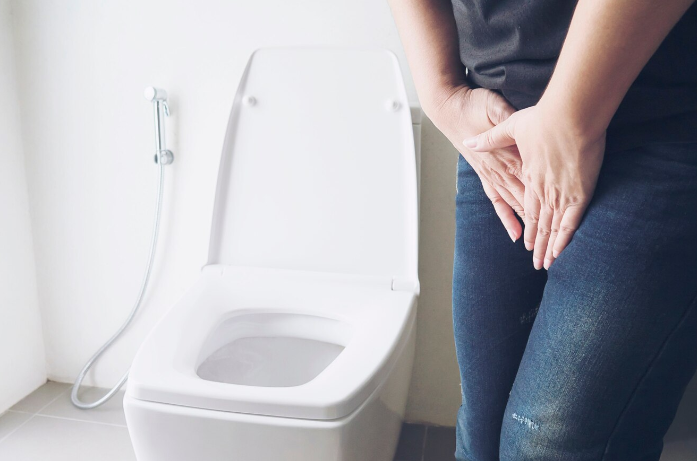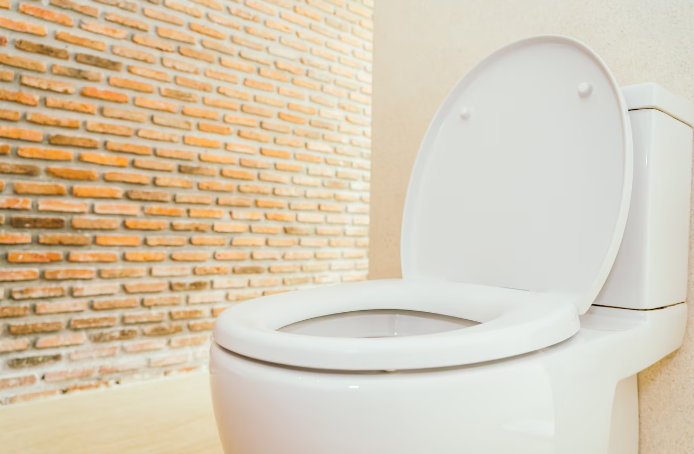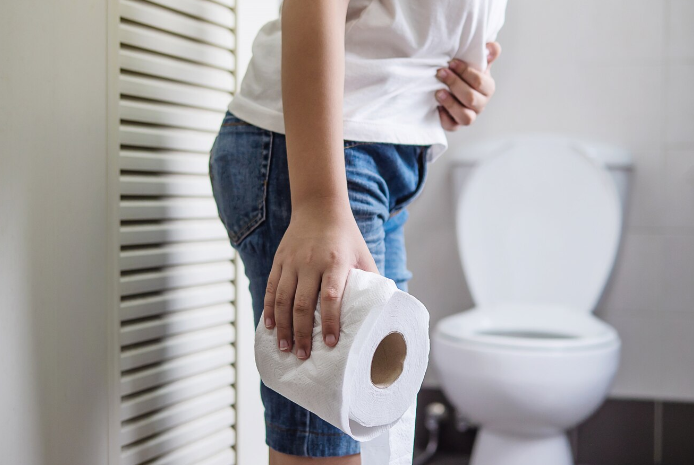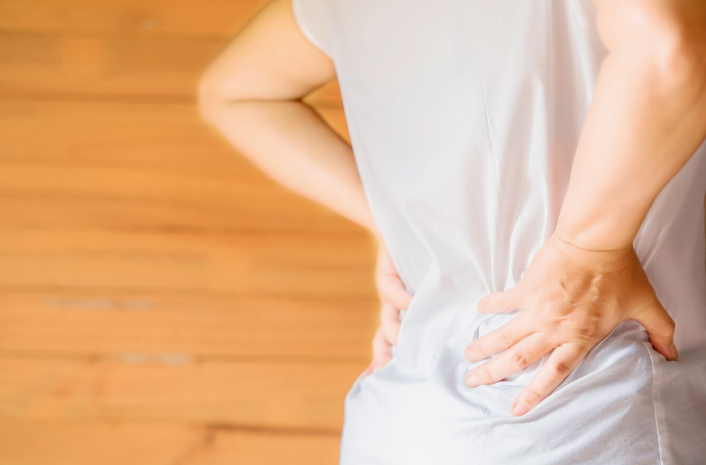
A doctor has revealed some disturbing facts for anyone who always has to defecate just after eating.https://www.tiktok.com/@thestomachdoc/video/7397461393819077919?referer_url=timelesslife.info%2Fdoctor-shares-what-it-means-if-you-always-need-to-poo-immediately-after-you-eat%3Ffbclid%3DIwY2xjawFDUcVleHRuA2FlbQIxMAABHbv8Kmg7aNO2wQDebdQ5jbl79Y2Lx-deYTX4O0qnbDrrhY5QCHY5pvTvHA_aem_NwzMucpqaAZAh4YqAnxg7A&refer=embed&embed_source=121374463%2C121451205%2C121439635%2C121433650%2C121404359%2C121351166%2C121331973%2C120811592%2C120810756%3Bnull%3Bembed_share&referer_video_id=7397461393819077919
Recent research has revealed that feeling the desire to hurry to the restroom immediately after eating has particular explanations.
Dr. Joseph Salhab explains in a TikTok video that: “It’s not because food is moving instantly throughout your GI tract.”
So, what’s really happening?
The internet was stunned to learn this.
One writes, “This makes so much sense!”
Another person agrees: “This changes everything.”

“Wow, my whole life has been a lie,” another chuckles.
The doctor first discusses how your bowel movements might be a sign of your overall health.
For example, irritable bowel syndrome (IBS) might cause a person’s digestive tract to move food faster than usual.
Food allergies, intolerances, anxiety, gastritis, celiac disease, inflammatory bowel disease (IBD), and Crohn’s disease are all potential causes of accelerated stool transit.
These diseases can induce an urgent desire to defecate shortly after eating, as well as other digestive symptoms including bloating, frequent gas, stomach pain or discomfort, mucus in the stool, diarrhea, constipation, or alternating diarrhea and constipation.
Another cause of the urge to poop could be fecal or bowel incontinence, which can range from mild to complete loss of bowel control.

Aside from these more serious issues, Dr. Salhab emphasizes another important reason you may need to defecate just after eating.
The gastroenterologist says, “When you eat and feel the need to use the restroom immediately afterward, this is known as the gastrocolic reflex.”
Medical News Today defines the gastrocolic reflex as a natural, instinctive reaction to food entering the stomach.
This reaction does not indicate that the meal is instantly moving through the body.
Food typically takes 1-2 days to pass through a person’s digestive tract.

To summarize, feeling the need to defecate right after eating is usually triggered by the gastrocolic reflex, a natural biological reaction to food entering the stomach.
While almost everyone experiences this response on times, the strength varies.
Certain lifestyle changes can help alleviate the need to defecate after meals.
However, if someone consistently gets diarrhea or other digestive problems after eating, it might suggest an underlying health issue that requires medical treatment.


